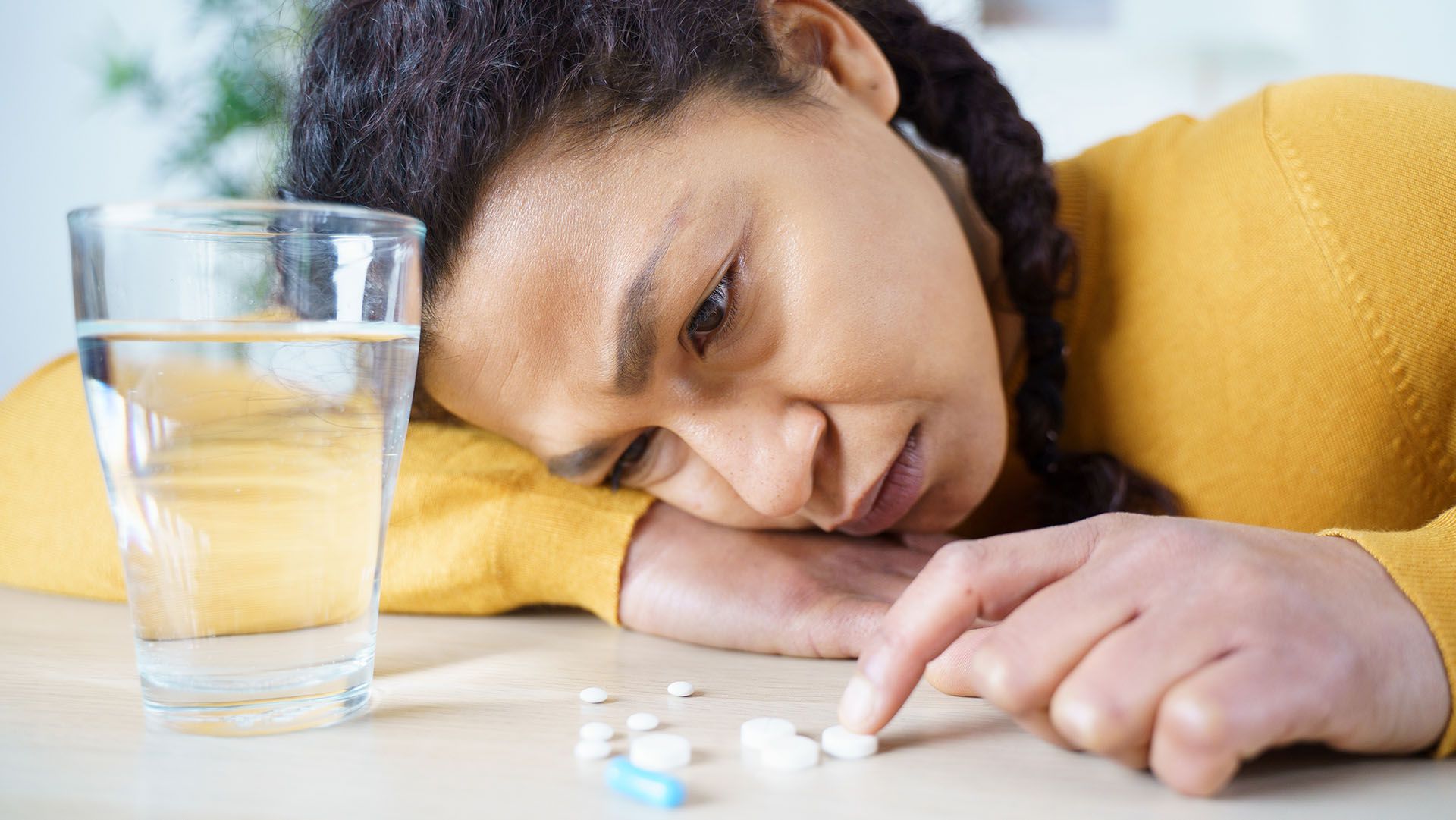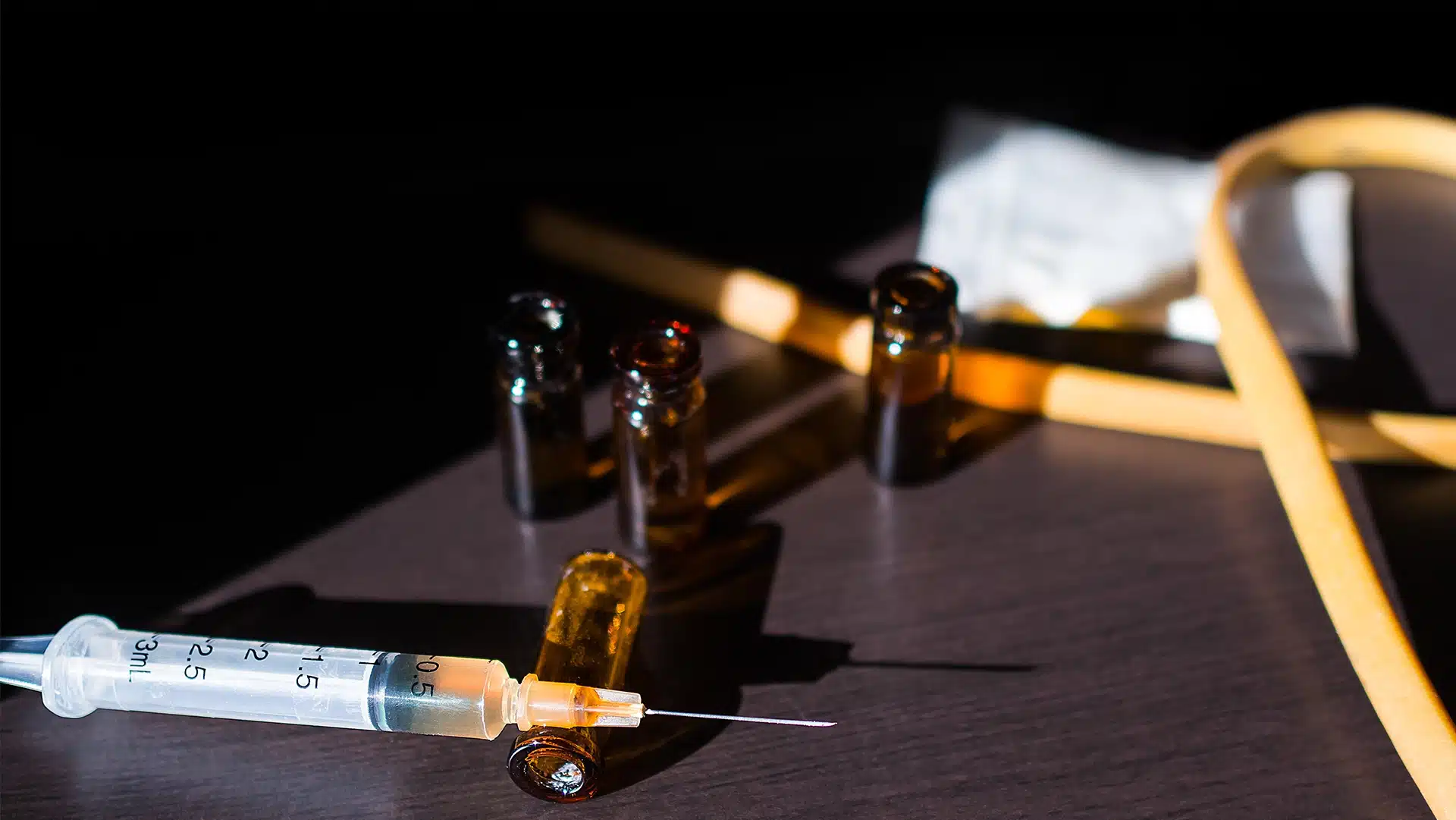Low-Income Addiction Treatment Options
Addiction recovery centres and inpatient rehab facilities can be very costly, and not accessible to those without the financial means or support for treatment. Any addict seeking treatment services and looking to overcome addiction should have access to the help they require, regardless of socioeconomic status. Public assistance, and city and province-funded programming do exist, though there are often increased wait times for services due to the high demand from those without private insurance coverage. The services that are offered vary in quality and do not always encompass an intersectional approach to addiction treatment.
Residential Rehab Options
Residential rehab refers to when a patient life on the premises, attends therapy and treatment daily, and is there for a fixed amount of time. A residential treatment centre is for individuals who are there voluntarily, and in most cases have already completed an inpatient detox program and are substance-free. There are not typically locks on the doors, and patients are able to leave if they so desire – they are not forced to undergo treatment. For low-income individuals, residential rehab can be more difficult to access. Without private health insurance, the wait times are quite long for government-funded facilities. Furthermore, the quality of care can vary from centre to centre, as there is no regulation for services amongst the provinces. Most often, when an individual is seeking a place in residential rehab, it is because they need care and treatment urgently – so residential rehab may not be the best option considering the wait time for treatment.
Halfway Houses and Community Residences
After a hospital inpatient treatment or medical detox, individuals may seek low-cost alternatives to residential treatment centres. Halfway houses can provide the support a recovering addict requires and often mandate that residents be enrolled in outpatient programming to continue their treatment. Residents come from varying backgrounds, some from drug and alcohol treatment programs, and some may be transitioning from serving prison sentences and being on parole. The facilities exist for individuals who benefit from a supervised, structured lifestyle that still allows them to uphold obligations such as a job or family commitments. Each halfway house will have its own eligibility requirements, and some will require its residents to have already completed a treatment program, ensuring that everyone is completely sober. This recovery community living can be very beneficial to young adults who may not be completely prepared to live on their own and need to gain practical experience toward their independence.
It can be very challenging for a recovering addict to return to their home environment, or where they were living while they were abusing substances. While the individual’s behaviour has changed, the environment has not and can remain full of triggers and temptations for them to use again, making relapse more likely. Friends and family members may want to be supportive, but may not be willing to commit to abstaining from drugs or alcohol themselves, so there is no guarantee that the home will remain substance-free. In order for recovering addicts to have the best chance at sobriety, they should be free from triggers and temptation, and the structure that a halfway house or community residence provides can be invaluable.
Government-funded halfway houses are a more affordable alternative to residential rehab or sober living houses, and still provide the supervision and support that will help guide an individual toward sobriety. There is a high demand for this transitional type of living arrangement, so there may be a waiting period before housing can be arranged.
Outpatient Programs
Outpatient programming is where patients have regularly scheduled appointments with counsellors and therapists to treat drug abuse or alcohol addiction issues. Government-funded outpatient programs are more common across Canada, and therefore more accessible for low-income individuals. Some nonprofit recovery organizations or churches may offer variations of outpatient programming, but the quality and type of treatment will vary depending on the qualifications of the professionals offering services. Outpatient programming can include:
Group therapy
Group therapy is common in publicly funded outpatient programming since many individuals are able to benefit at the same time, making it an efficient use of resources. While group therapy may not be able to address everyone’s unique needs, it can be helpful for those battling drug addiction or alcohol abuse as they’re able to gain support and acceptance from individuals who face similar circumstances.
12-step programs
12-step programs are quite common in substance abuse treatment and offer a network of support similar to group therapy for those on their path to sobriety.
Education programs
Various education programs, like nutrition, wellness or financial planning can play a big role in leading a healthier lifestyle. Especially when individuals are living on a lower income or are part of low-income families, using resources efficiently can make a big difference in their quality of life.
Counselling
Government-funded individual counselling may be less available, depending on the community and services available for low-income individuals. In most cases, a referral will be necessary from a medical professional, and there may be lengthy wait times for the services – however individual counselling can be extremely beneficial, and the benefits will often outweigh the drawbacks. In individual counselling, the individual is able to address their specific needs and receives a tailored treatment plan.
Mental Health
Addressing mental health issues is very important, regardless of income level or socioeconomic status. Drug use and alcohol use disorders rarely occur in isolation – more often than not, there are co-existing conditions and driving factors that push an individual into addictive behaviour patterns. The cost of treatment can be a huge obstacle for low-income individuals to be able to treat mental health disorders. Provincial healthcare coverage does not often extend to psychiatric or mental health practitioner treatments, and most professionals have private practices and treatments can be quite costly. Should an individual need any prescription medications as a result of a diagnosis, without private insurance they may not be able to afford them.
Over recent years, the stigma surrounding mental health has started to lift, and more services are becoming available as we recognize the impacts that untreated mental health conditions can have. Many people experience depression and anxiety, and drug addictions can intensify these disorders. By learning coping techniques to treat symptoms of depression and anxiety, recovering addicts will be in better control of their mental health, and be able to better manage urges and cravings.
Affordable Recovery Management
After addiction rehab, it’s important to maintain the new healthy habits that lead to a positive, sober lifestyle. Low-income individuals may find it difficult to maintain expensive therapies or treatment plans, but there are affordable and free options that can help to manage day-to-day stresses and maintain good mental health.
- Exercise: Physical activity is one way that a recovering addict can maintain their physical and mental health. Getting exercise releases endorphins, retraining the brain that it can be happy without chemical-altering substances. Regular exercise can also help an individual to sleep better and get into a healthy sleeping routine. Expensive gym memberships aren’t necessary, there are plenty of free resources online for different workouts.
- Finding Community: Connecting with others who have had similar experiences is a great way for an individual to grow their network. Having a support group creates accountability, and with other people checking in, an individual will be less likely to experience a relapse.
- Volunteer: Places like animal shelters and libraries are great places to get involved with the community. Volunteering helps to make an individual feel needed and can give them a sense of accountability if they are unemployed.
- Meditation: Mentally checking in on progress is an important part of recovery. The recovery is not linear, and each individual will experience challenges, so it’s important to acknowledge this and accept it as part of the process. Meditation can be used to set goals, relax and reflect, and is a great form of therapy to continue after treatment programs.
Barriers to Recovery
Of the subsidized or government-funded treatment options available, the majority of them are a one-size-fits-all type of solution which, fails to take into account the complexities of addiction, particularly the addiction issues faced by low-income individuals. Without an intersectional approach, treatment methods can be ineffective, where the individual feels discouraged that they don’t fit into a certain mold, or that their issues cannot be solved. Members of racialized minority groups will have different requirements than members of the LGBTQ+ community, who will need different treatment than women experiencing domestic violence – a one-size-fits-all solution simply does not work for substance abuse disorders. Group therapy and treatment sessions are more available because they require fewer resources to serve a larger group of people, however, if the services aren’t particularly effective, fewer people are truly being served.
The largest barrier that low-income individuals face when seeking treatment is the availability of affordable or subsidized options for substance abuse services. Lengthy wait times mean delays in treating substance use disorders, which put the individual at risk for complications or overdose, especially when there are co-occurring mental health disorders that are going untreated. When an individual is trying to get sober and largely on their own, they do not have the same guidance or accountability for their actions that people who can afford a private, residential rehab or sober living house do. Without medical professionals, counsellors and therapists offering around-the-clock care, an individual must be incredibly determined and disciplined in order to curb destructive behaviours and addictive tendencies. It’s not impossible to treat addiction with the available resources that low-income individuals have readily available, but it is significantly more difficult.
Contact Us
If you or someone you know is seeking assistance with addiction recovery or have questions about addiction rehab centers, please don’t hesitate to reach out. You can contact Addiction Rehab Centers at +1-855-885-4747. Our team is here to provide information, support, and guidance to help you on your journey to recovery.









